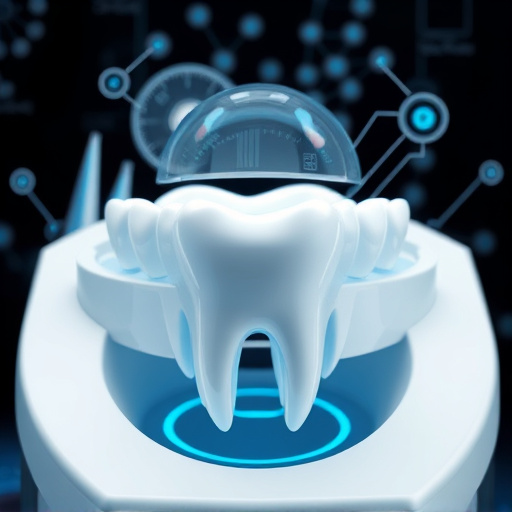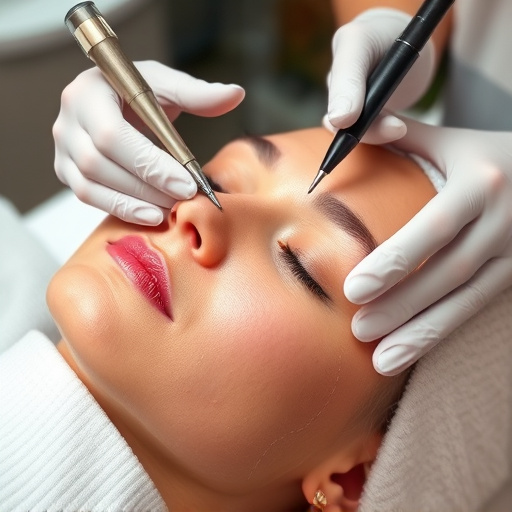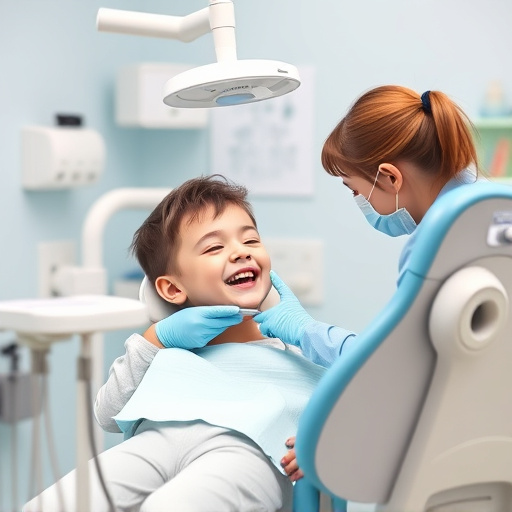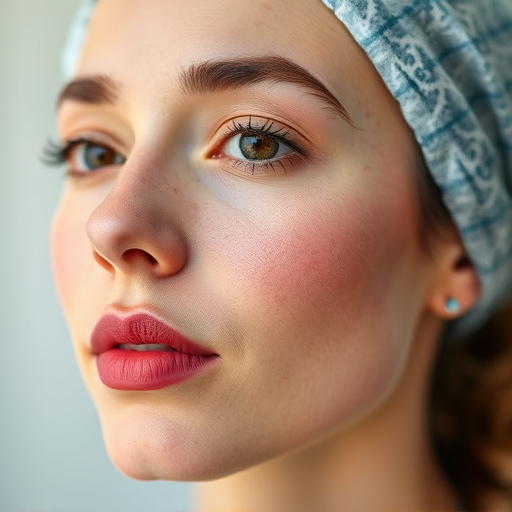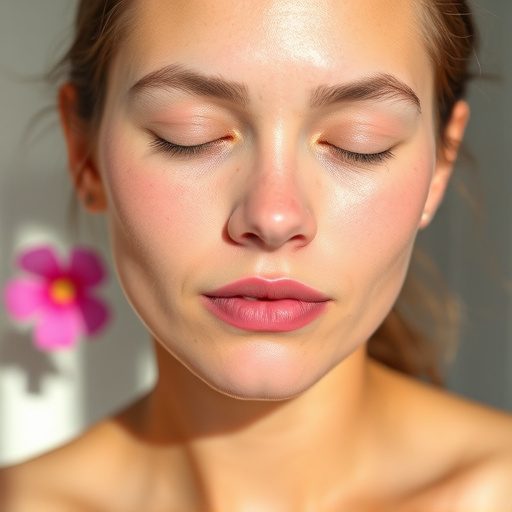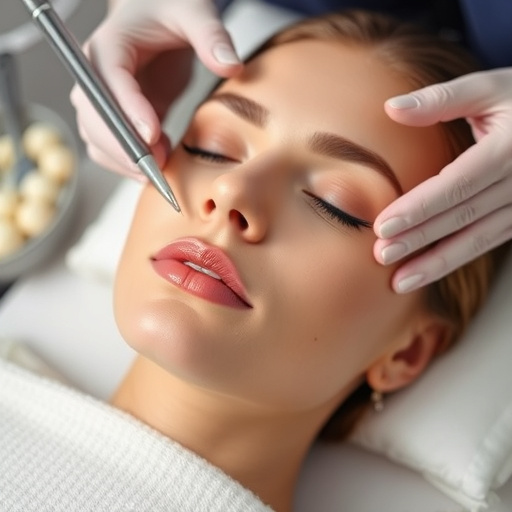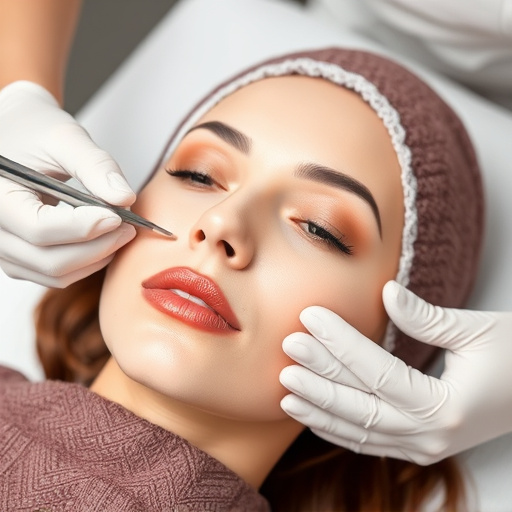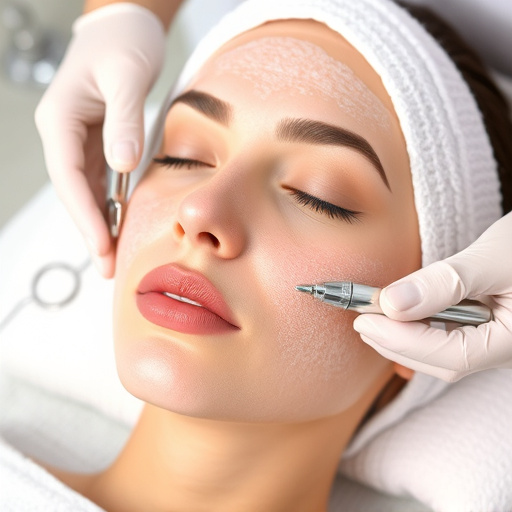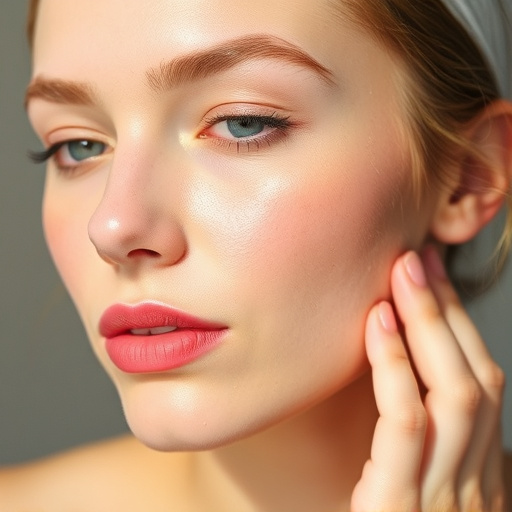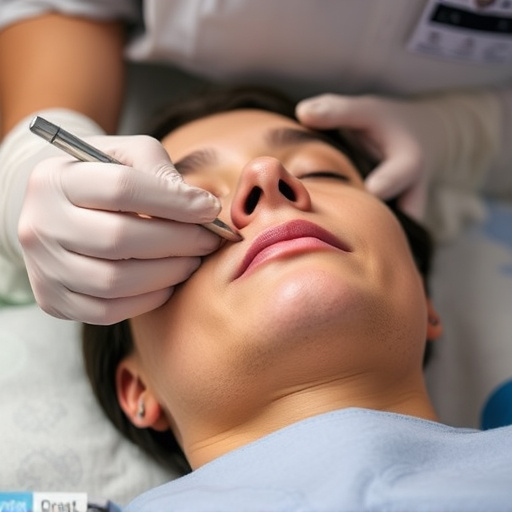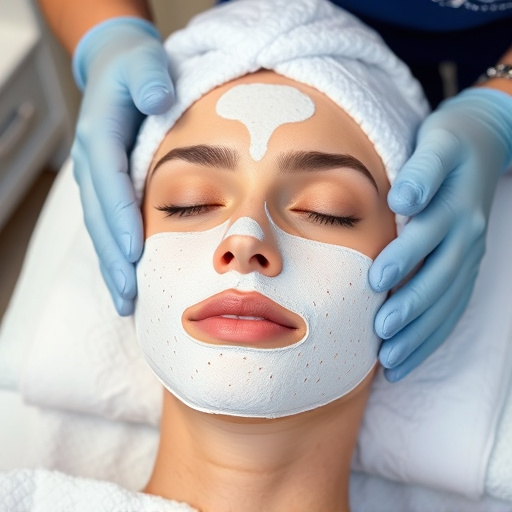Teenage acne treatment goes beyond hygiene, focusing on hormonal balance and genetic factors. Non-surgical methods like chemical peels and facials, tailored to skin types, regulate oil production, unclog pores, soothe inflammation, and prevent scarring. While quick fixes are tempting, over-cleansing and harsh products can worsen acne. For severe cases, dermatologist-prescribed retinoids, antibiotics, specialized facials, and skin brightening techniques offer effective solutions, mitigating risks of irritation from unprofessional procedures.
“Unraveling the mysteries of teenage acne treatment, we debunk common myths that can be misguiding. Teen acne is more than just a cleanliness issue; it’s a complex interplay of hormones and skin health. This article explores the effectiveness of skincare myths and offers a clear view on prescribed vs. home remedies. Discover the best approach to achieving clear skin, free from misconceptions, and learn what truly works for managing teenage acne effectively.”
- Teen Acne: It's Not Just About Cleanliness
- Skincare Myths: Do They Really Work for Teens?
- Prescribed vs Home Remedies: What's Best for Clear Skin?
Teen Acne: It's Not Just About Cleanliness
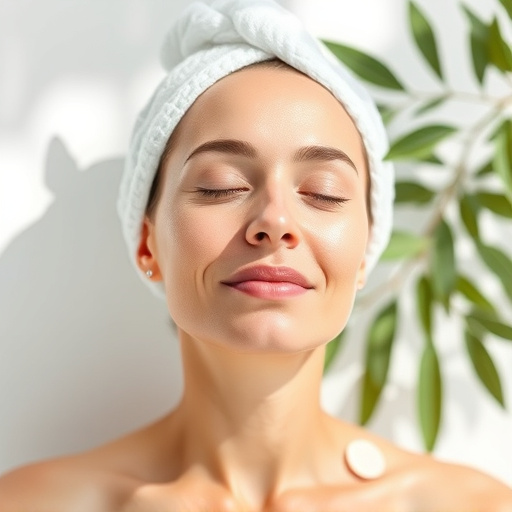
Acne is often associated with uncleanliness, but this stereotype fails to address the complex nature of teenage acne. It’s more than just a hygiene issue; it’s a common skincare concern during adolescence, influenced by hormonal changes and genetic predisposition. While maintaining good facial hygiene is essential for managing acne, focusing solely on cleanliness overlooks the multifaceted causes.
Understanding that teenage acne treatment involves more than surface-level solutions like regular cleansing is crucial. Effective strategies may include exploring non-surgical treatments like chemical peels or hydrating facials tailored to address specific skin types and conditions. These approaches can help regulate oil production, unclog pores, and soothe inflammation, offering a comprehensive approach to managing and preventing acne scars.
Skincare Myths: Do They Really Work for Teens?
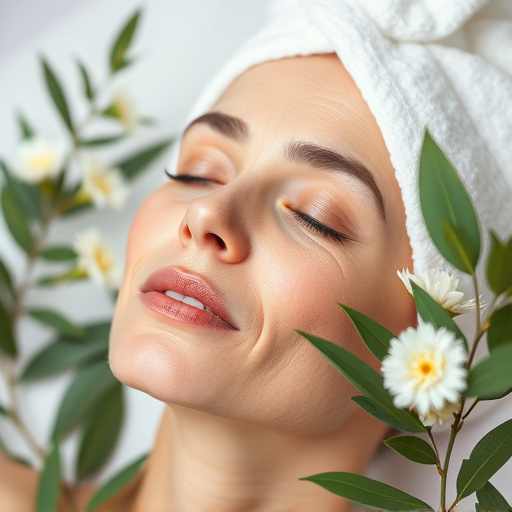
Many teenagers believe in various skincare myths when it comes to treating their acne, which can often lead to frustration and incorrect treatment practices. It’s important to dispel these common misconceptions to ensure teens receive the most effective teenage acne treatment. Skincare routines are not one-size-fits-all; what works for some might not work for others.
One popular myth is that certain foods directly cause acne, leading many teens to avoid specific items in their diet. While a healthy and balanced diet can contribute to overall skin health, there’s little scientific evidence to support that food choices directly impact the formation of pimples. Another common but incorrect belief is that over-cleansing or using harsh products will miraculously clear up acne fast. In reality, these practices can strip the skin of its natural oils, potentially causing irritation and even worsening acne. Moreover, some teens might be tempted by quick fixes like skin tightening procedures or expensive acne treatments, but these should be avoided unless recommended by a dermatologist due to potential side effects and limited long-term benefits. Instead, focus on gentle cleaning, maintaining proper hydration through hydrating facials, and consistent use of prescribed medications for better results.
Prescribed vs Home Remedies: What's Best for Clear Skin?
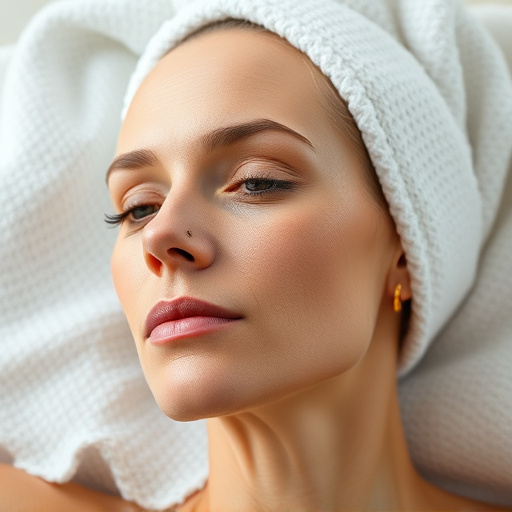
When it comes to tackling teenage acne, many turn to home remedies hoping for clear skin. While some natural solutions can help, prescribed treatments offer a more effective approach for managing and preventing severe acne. Over-the-counter products are generally suitable for mild cases, but for deeper, more persistent breakouts, consulting a dermatologist is key. They can prescribe medications like retinoids, antibiotics, or isotretinoin, which target acne at its root cause.
Customized facials and facial treatments can also be beneficial, providing a deep clean and extracting impurities. Moreover, skin brightening techniques can help even out skin tone and reduce the appearance of scars. However, it’s crucial to trust a professional for these procedures to avoid irritation or damage. Combining prescribed medications with targeted treatments can lead to clearer, healthier skin for teenagers struggling with acne.
Acne is a common struggle for teenagers, but dispelling myths surrounding its treatment is key. While cleanliness is important, it’s not the sole factor. Exploring both prescribed medications and home remedies, tailored to individual skin types, offers the best path to clear skin. By separating fact from fiction, teens can navigate their skincare journey with confidence, embracing effective strategies for managing and preventing teenage acne treatment.


